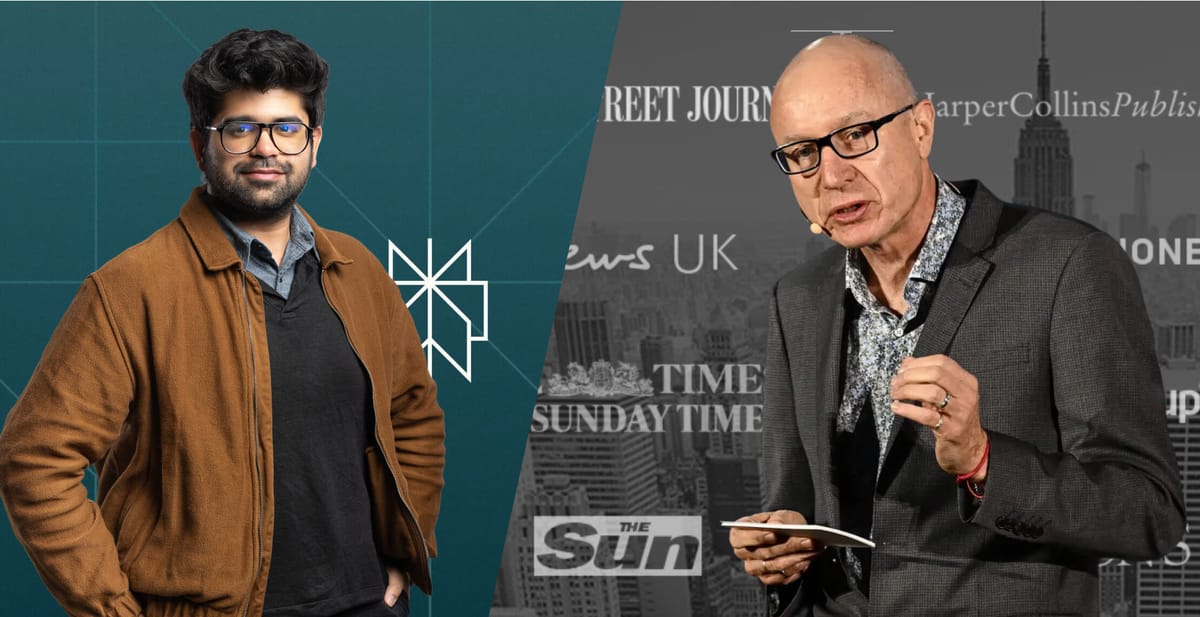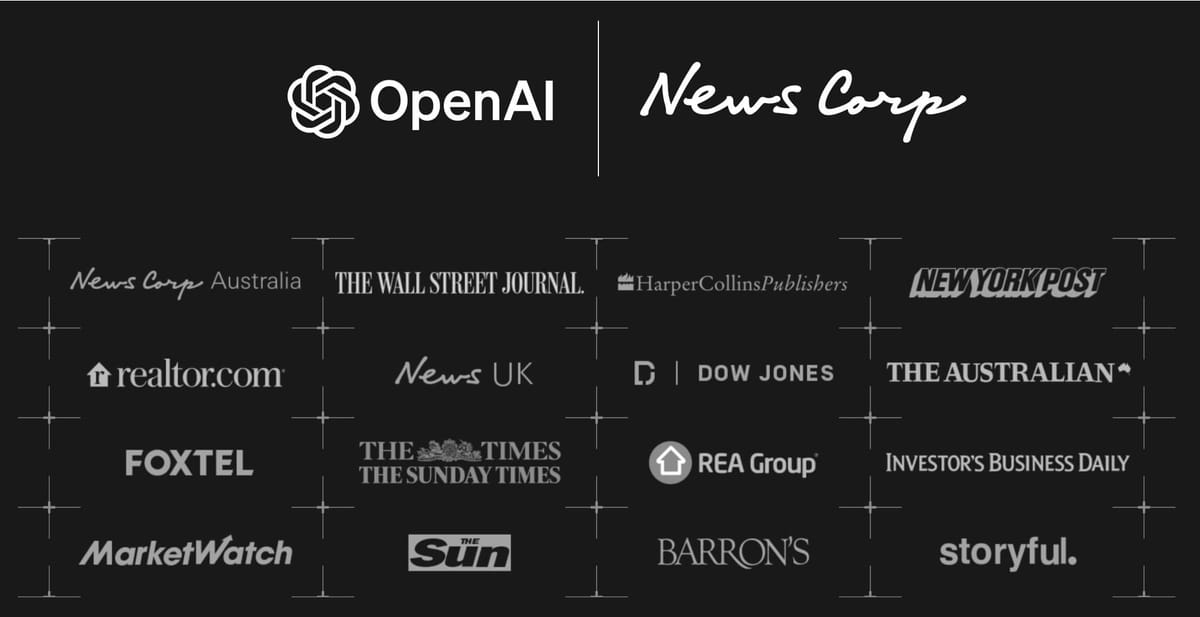
News Corp's major media titles, including The Wall Street Journal and New York Post, have filed a lawsuit against AI search engine Perplexity, alleging extensive copyright infringement and unauthorized use of their content. The lawsuit, filed in New York's Southern District Court on Monday, accuses Perplexity of copying news articles, analysis, and opinions "on a massive scale" without consent, thereby harming publishers' rights and siphoning away critical revenues.
The suit claims Perplexity's AI, branded as an “answer engine,” scrapes vast amounts of content from reputable publishers without permission, assembling it in a way that allows users to "Skip the Links" to original websites. This conduct, News Corp alleges, constitutes both blatant copyright infringement and a deliberate assault on the traditional business models that support quality journalism. "Perplexity's entire business model is built upon unlawful copying," reads the complaint, highlighting a broader issue in the publishing industry's uneasy relationship with generative AI.
According to the complaint, Perplexity's copying is twofold: firstly, at the "input stage," where it harvests copyrighted content to populate an internal database known as a Retrieval-Augmented Generation (RAG) index, and secondly, at the "output stage," where Perplexity’s AI can serve up summaries, paraphrases, or even full articles in response to user queries. News Corp argues that Perplexity’s summaries and outputs often unlawfully paraphrase, summarize, or directly replicate original articles without appropriate attribution or compensation.
Compounding the problem, News Corp asserts that Perplexity's outputs can also include entirely fabricated content – a phenomenon known as an AI "hallucination" – falsely attributed to News Corp’s publications, such as The Wall Street Journal. These hallucinations, the suit claims, undermine the credibility of their titles, blurring the lines between fact and fiction while damaging the company’s brand. One cited example in the lawsuit includes Perplexity providing fabricated quotes as if they were sourced from an authentic Wall Street Journal article, eroding the public trust that news consumers place in reputable journalism.

The lawsuit is the latest in a series of legal disputes between publishers and generative AI companies, as media outlets struggle to assert control over how their content is used. Earlier this year, News Corp struck a licensing agreement with OpenAI worth $250 million over five years, allowing OpenAI to access content from News Corp’s news archives. The suit alleges that Perplexity ignored a similar proposal from News Corp in July, opting not to engage in negotiations over a potential licensing agreement. Instead, Perplexity allegedly continued to copy content without permission, which the complaint frames as a stark contrast to other AI companies who are at least attempting to pay for lawful access.
“Perplexity's blatant disregard for copyright law harms journalists, publishers, and News Corp,” said Robert Thomson, News Corp CEO. The lawsuit further accuses Perplexity of purposefully diverting readership away from original publishers by promoting the option to "Skip the Links," thus sidestepping clicks that would generate ad revenue or subscription interest for content creators.
Perplexity, for its part, has previously touted its use of "cited sources" as a form of attribution, implying that merely linking to original publishers might satisfy legal and ethical obligations. However, the News Corp suit makes clear that this is insufficient. According to the complaint, citing sources while actively encouraging users to bypass them falls far short of legitimate practice, depriving publishers of fair compensation for their work. News outlets, the suit asserts, cannot continue producing high-quality, original content if AI companies persist in undermining the economic basis that sustains journalism.
Perplexity is not the only AI firm facing pressure for its use of publisher content without proper licenses. The New York Times has also issued a cease-and-desist notice to the company, echoing similar concerns. Despite these pressures, Perplexity appears undeterred. Recent reports suggest that the startup is in talks to raise $500 million in new funding, potentially valuing the company at $8 billion. The lack of clear regulation governing AI-generated content is prompting an increasing number of legal clashes, with publishers determined to set a precedent that ensures they are appropriately compensated for the work that generative AI models ingest and use.
The lawsuit seeks an injunction that would prevent Perplexity from continuing to use News Corp’s content without permission, the destruction of any databases containing unauthorized material, and statutory damages of up to $150,000 per instance of infringement.


